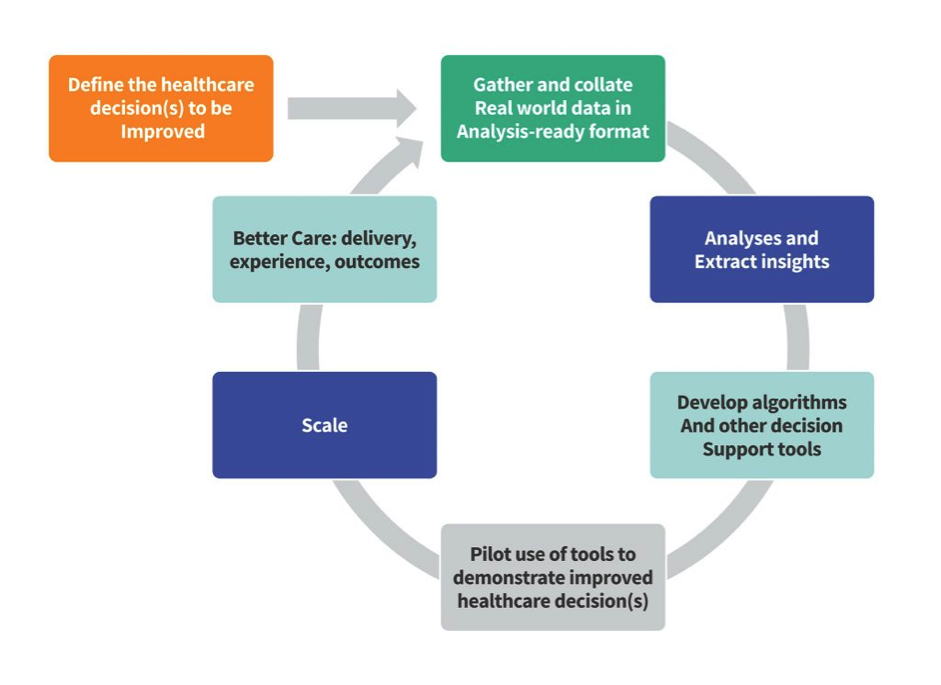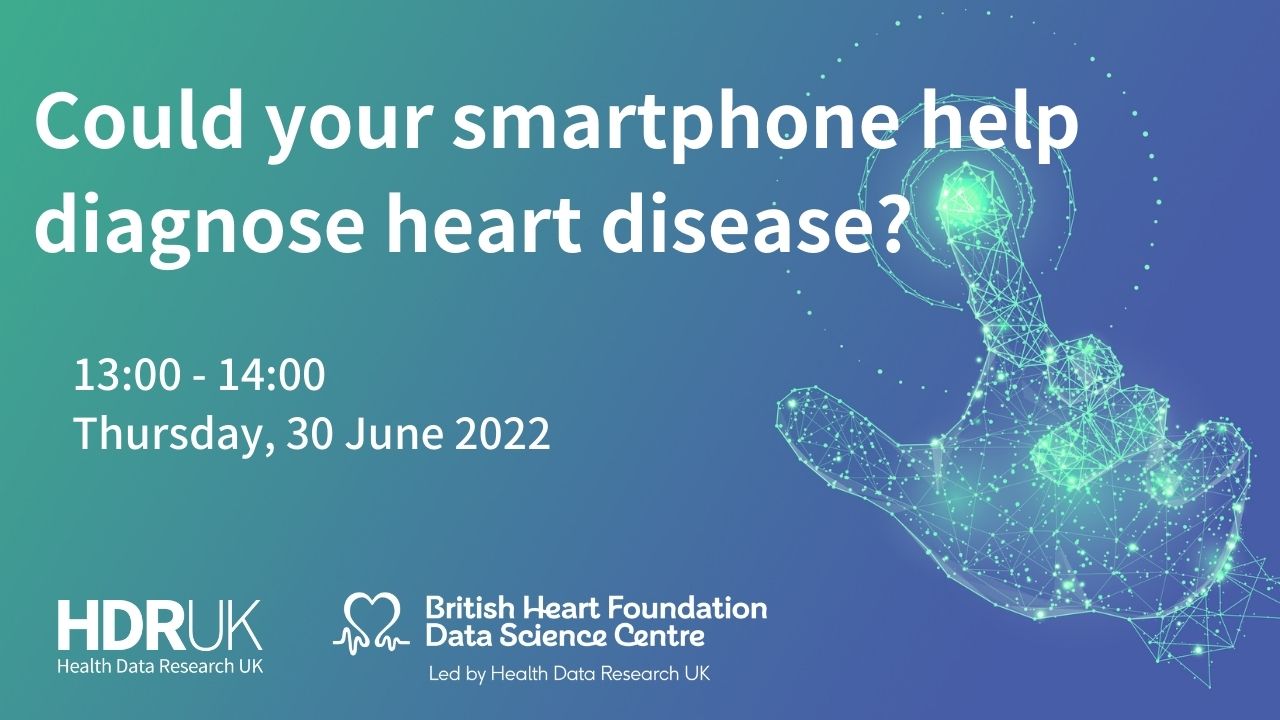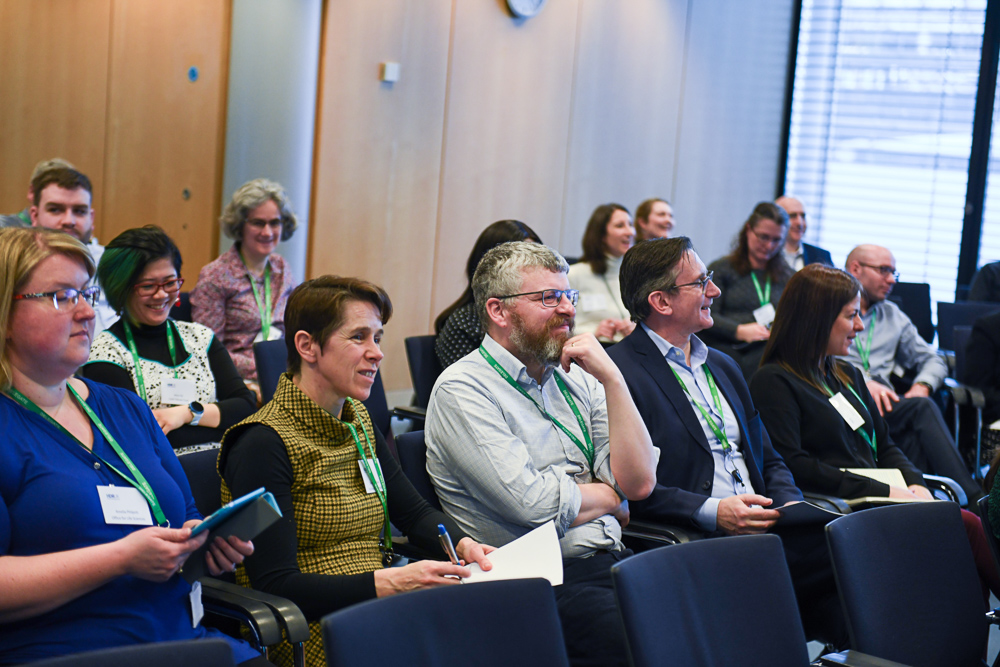Better Care Insight Sharing Day
2 February 2021 | Author: Hollydawn Murray, Head of Open Science, Research Culture, & Impact
Overview
On 14 January 2021, I had the opportunity of joining over 80 researchers from HDR UK’s Better Care community to virtually share learning, challenges, and opportunities in delivering the programme’s unique approach. From the outset of the meeting, it was clear that, while COVID has had a transformational effect on health and care data research throughout 2020, the real benefit of the ongoing work is in ensuring the longevity of both COVID and non-COVID related outputs far into the future – particularly, the complex task of transferring and applying Better Care work in diverse healthcare settings. The day’s fruitful discussions centred largely around the 6th step of the Better Care loop ‘scale’ with the strongest themes to emerge being (1) the value of team science and (2) the need for improved interoperability.
Working together
Talking together, the speakers offered a unique glimpse into team science through a health data research lens – showcasing Better Care projects harnessing knowledge from multiple health, data and technology professions, and many disciplines. Sukhmeet Panesar (Deputy Director, Strategy and Development, Data, Analysis and Intelligence Service, NHS England and NHS Improvement [NHSE&I]) described the FutureNHS platform which brings together knowledge across organisations throughout the UK. Panesar’s talk was a nod to the measurable benefits of team science and a culture centred on sharing, with 14 000 registered users including industry, senior management, frontline staff, clinicians and more, actively collaborating to support the response to the pandemic. Impressive progress given the group launched less than a year ago. Rich Wood (Head of Modelling and Analytics at BNSSG CCG, HDR UK Southwest) also alluded to the importance of involving a multidisciplinary team, guided by clinical need, to develop and apply a model to manage healthcare demand and capacity in a large secondary care centre. His presentation showed how this model has been successfully applied to support real world clinical practice throughout the pandemic. In an interactive session led by Tom Hardie (Improvement Fellow, The Health Foundation) and Tim Horton (Assistant Director – Insight & Analysis, The Health Foundation), participants were invited to look to the future and offered invaluable insights to inform Better Care for the future, in a way that is both scalable, sustainable and works for patients and clinicians. The ideas put forward seemed to circle back to the importance of teams crossing all sectors – for instance, embedding health and social care workers, in a way that minimises burden and does not create an unnecessary barrier to involvement, is key to successfully translating Better Care into practice.
Helping the data work together
Data interoperability is at the heart of integrating health data research into clinical practice and painting a complete picture of patient health across the clinical ecosystem. The Informatics Consult, as described by Alvina Lai (Lecturer in Health Data Analytics, University College) is tackling this challenge head-on by ensuring that the methodology developed is not restricted to a single format of input data, but can robustly handle different systems used to support electronic healthcare records (EHRs). This will become increasingly important as the Informatics Consult is scaled across disease areas and diverse healthcare settings. Even so, as highlighted in the recent preprint demonstrating proof of concept of the Informatics Consult, a lack of interoperability amongst the external data used by the tool (i.e. EHRs, protocols, and guidelines) poses a challenge for scaling the tool into a service. Similarly, work presented by Charles Haworth (Respiratory Consultant, Papworth NHS Foundation Trust) on the CF Smartcare App reinforced the need for data standards, specifically for wearables. This would require alignment between technology partners to ensure that patients and clinicians are not restricted to using a single brand of wearable when contributing health data which enables the “real-time data-to-knowledge-to-practice” process, at the heart of Better Care. Across the spectrum of participants, from data scientists to clinicians at all career stages, there seemed widespread recognition of the great potential of novel technologies (wearables and beyond) that generate health data remotely. But this enthusiasm was tempered by the need to better understand the ‘inside data workings’ of such technologies and establish common standards for the future. Looping back to the importance of team science, but beyond the scope of Better Care, is the wider community call for comprehensive partnerships on wearable data sharing and standardisation that span industry, academia, and the NHS – related closely to HDR UK’s work on data standardisation and NHSX’s Data Strategy for Health and Social Care
Moving forward
As demonstrated by presentations throughout the day, collaboration at all levels is an essential requirement for the Better Care approach. There is a clear demand for the role the Better Care National Priority is playing to convene the community, share learnings, identify priorities and enable widespread implementation of a data-enabled health and care service.




